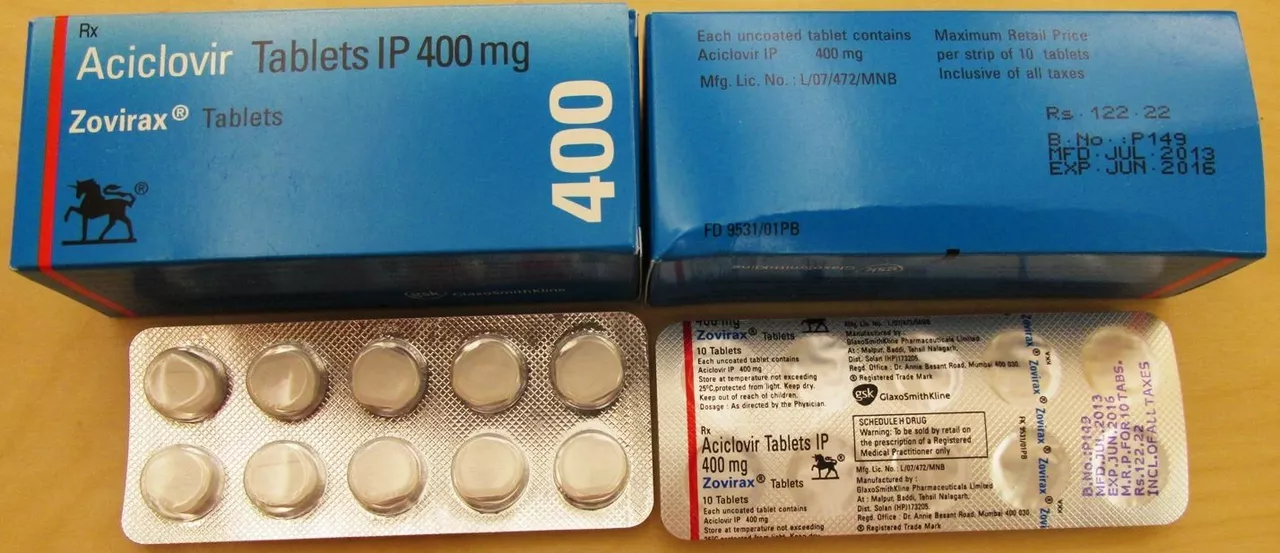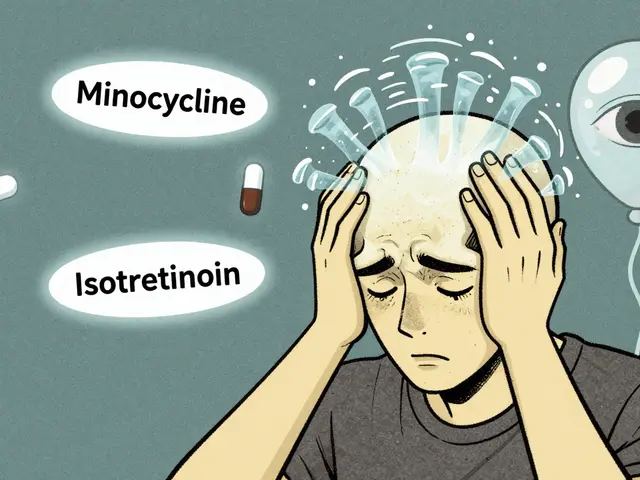Liver Function Overview – What You Need to Know
Ever wonder why doctors keep asking about your liver? It’s because this bean‑shaped organ does more than detox – it makes proteins, stores energy and helps digest fat. If it’s off‑balance, you might feel tired, notice yellow skin, or get strange lab numbers.
How the Liver Works
The liver filters blood coming from your gut, turning toxins into harmless substances that leave the body via urine or bile. It also produces albumin (the protein that keeps fluid in blood vessels) and clotting factors so you don’t bleed forever after a cut.
When you eat, the liver stores excess carbs as glycogen, then releases glucose when you need energy. It converts fats into usable fuel and helps absorb fat‑soluble vitamins A, D, E and K. In short, it’s your body’s multi‑tool workshop.
Key Tests and How to Support Liver Health
ALT & AST: These enzymes leak into blood when liver cells are damaged. Slightly high numbers often mean a temporary irritation (like from alcohol or medication), while very high levels point to more serious injury.
ALP and GGT: Raised values can signal blocked bile flow, which might be caused by gallstones or liver disease.
Bilirubin: The yellow pigment that makes bruises turn green. High bilirubin gives you jaundice – a sign the liver isn’t clearing it fast enough.
Want to keep those numbers in check? Start with simple habits:
- Limit alcohol: stick to moderate drinking (up to one drink a day for women, two for men).
- Eat balanced meals: plenty of veggies, lean protein and healthy fats. Foods like broccoli, garlic and turmeric have liver‑friendly compounds.
- Stay hydrated: water helps the liver flush toxins.
- Avoid unnecessary meds: over‑the‑counter pain relievers can stress the liver if taken often.
- Exercise regularly: moving your body improves insulin sensitivity, which reduces fat buildup in the liver.
If you’re already dealing with a condition like fatty liver disease, talk to a doctor about testing your liver enzymes every few months. Catching changes early lets you adjust lifestyle or medication before things get worse.
Bottom line: your liver works hard, so give it easy wins – drink less, eat more greens, stay active and keep an eye on those lab results. When you do, the rest of your body thanks you with better energy, clearer skin and smoother digestion.

- Apr 28, 2023
- Posted by Cillian Osterfield
Acyclovir and Liver Function: Are There Risks Involved?
In my latest blog post, I discuss the potential risks involved with Acyclovir and its impact on liver function. Acyclovir, a powerful antiviral medication, is commonly used to treat viral infections like herpes. While it's generally considered safe, some studies have raised concerns about its effects on the liver. In my post, I delve into these studies, examining the evidence on the connection between Acyclovir and liver function issues. I also provide recommendations for those who may be at risk, ensuring that they can make informed decisions about their health.
Categories
- Health and Wellness (72)
- Medications (69)
- Health and Medicine (28)
- Pharmacy Services (12)
- Mental Health (9)
- Health and Career (2)
- Medical Research (2)
- Business and Finance (2)
- Health Information (2)
©2026 heydoctor.su. All rights reserved





